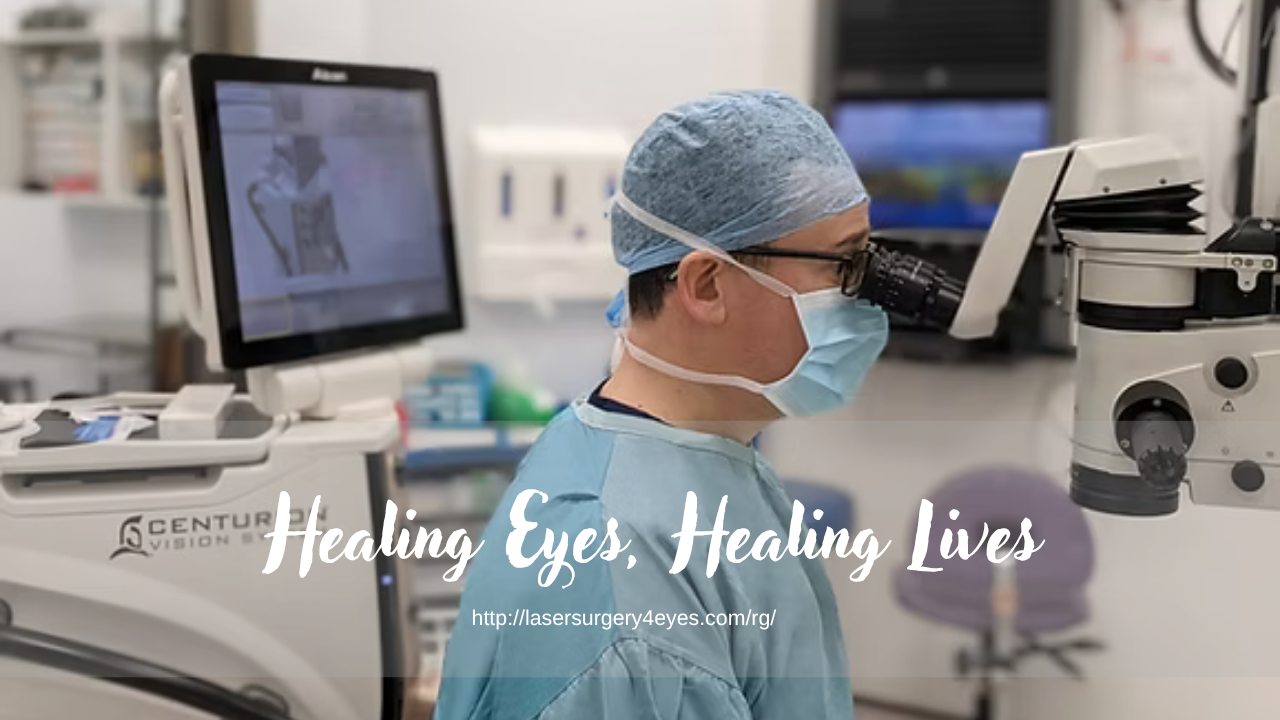 For many trauma survivors, the journey to recovery is about more than emotional healing. The impact of addiction, mental illness, or severe stress can extend to physical health, including vision. Whether due to injury, medical side effects, or years of neglecting eye health, vision problems can make daily life and emotional recovery more difficult. Thankfully, modern eye surgery offers not only the chance to restore sight but also the opportunity to rebuild confidence, independence, and hope.
For many trauma survivors, the journey to recovery is about more than emotional healing. The impact of addiction, mental illness, or severe stress can extend to physical health, including vision. Whether due to injury, medical side effects, or years of neglecting eye health, vision problems can make daily life and emotional recovery more difficult. Thankfully, modern eye surgery offers not only the chance to restore sight but also the opportunity to rebuild confidence, independence, and hope.
Understanding the Connection Between Trauma and Vision Loss
Trauma survivors often face a combination of mental and physical challenges. Substance abuse can lead to conditions like corneal damage, cataracts, or optic nerve problems. Certain psychiatric medications may also affect eye health, causing dry eye, blurred vision, or other complications. Even without direct injury, prolonged stress and depression can delay medical care, allowing minor eye issues to progress into serious problems.
When vision loss occurs, it can intensify feelings of isolation, frustration, and hopelessness. In recovery, regaining the ability to see clearly is not just about physical function—it can be a powerful step toward reclaiming life.
How Eye Surgery Can Support Healing
Modern eye surgery offers solutions for many conditions related to trauma or addiction. LASIK, cataract surgery, and corneal transplants can dramatically improve vision. For those who have experienced injury to the eyes during periods of substance abuse or mental health crisis, reconstructive procedures can help restore both appearance and function.
These surgeries do more than sharpen vision. They can reduce the anxiety and depression associated with visual impairment, improve mobility, and make it easier to return to work or enjoy daily activities. For someone in recovery, these changes can be life-changing.
The Importance of a Holistic Approach
At lasersurgery4eyes.com, the focus is not only on performing precise surgical procedures but also on treating the whole person. That means working closely with mental health professionals, addiction specialists, and support networks to ensure each patient receives individualized care. The process starts with a thorough evaluation, including a review of medical history, current mental health treatment, and recovery status.
This collaborative approach helps ensure that patients are physically and emotionally ready for surgery. It also means that recovery support continues long after the procedure, helping patients maintain both their vision and overall well-being.
Preparing for Surgery as a Trauma Survivor
If you are considering eye surgery during or after recovery, communication is key. Be open about your history with addiction or mental health treatment. Provide a full list of medications to your surgeon, as certain prescriptions may affect healing. Having a strong support system—family, friends, or a recovery counselor—can also make the post-surgery period smoother and less stressful.
Restoring Vision, Restoring Hope
Regaining sight after trauma is about more than improved eyesight. It is about opening the door to a fuller, more independent life. Clear vision can boost confidence, improve mental health, and make everyday tasks feel less overwhelming. For trauma survivors, that renewed sense of possibility can be the spark that keeps the recovery journey moving forward.
If you or someone you love is living with vision loss after addiction or trauma, help is available. Contact lasersurgery4eyes.com to learn how compassionate, expert care can restore not just your sight, but your hope for the future.
0 Comments